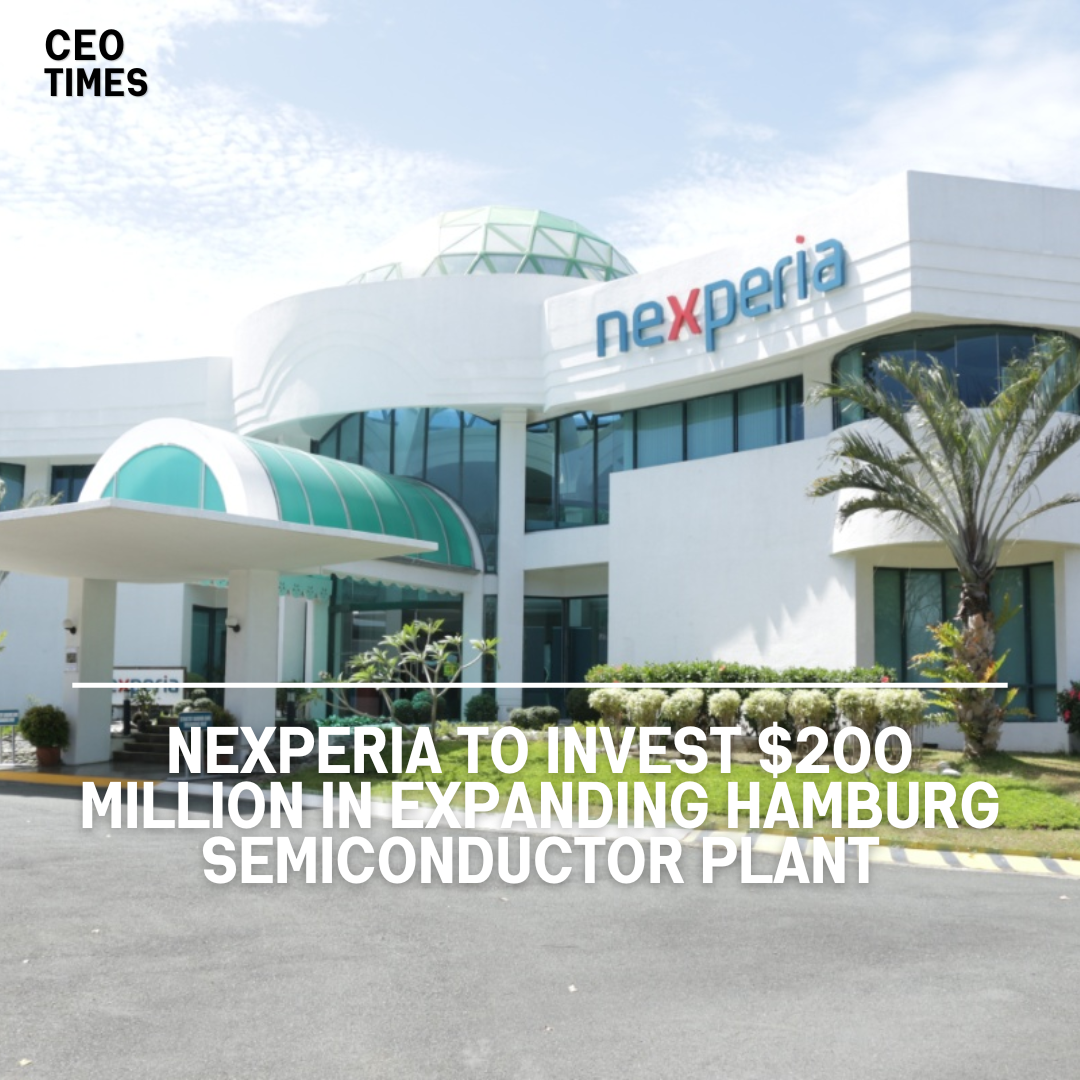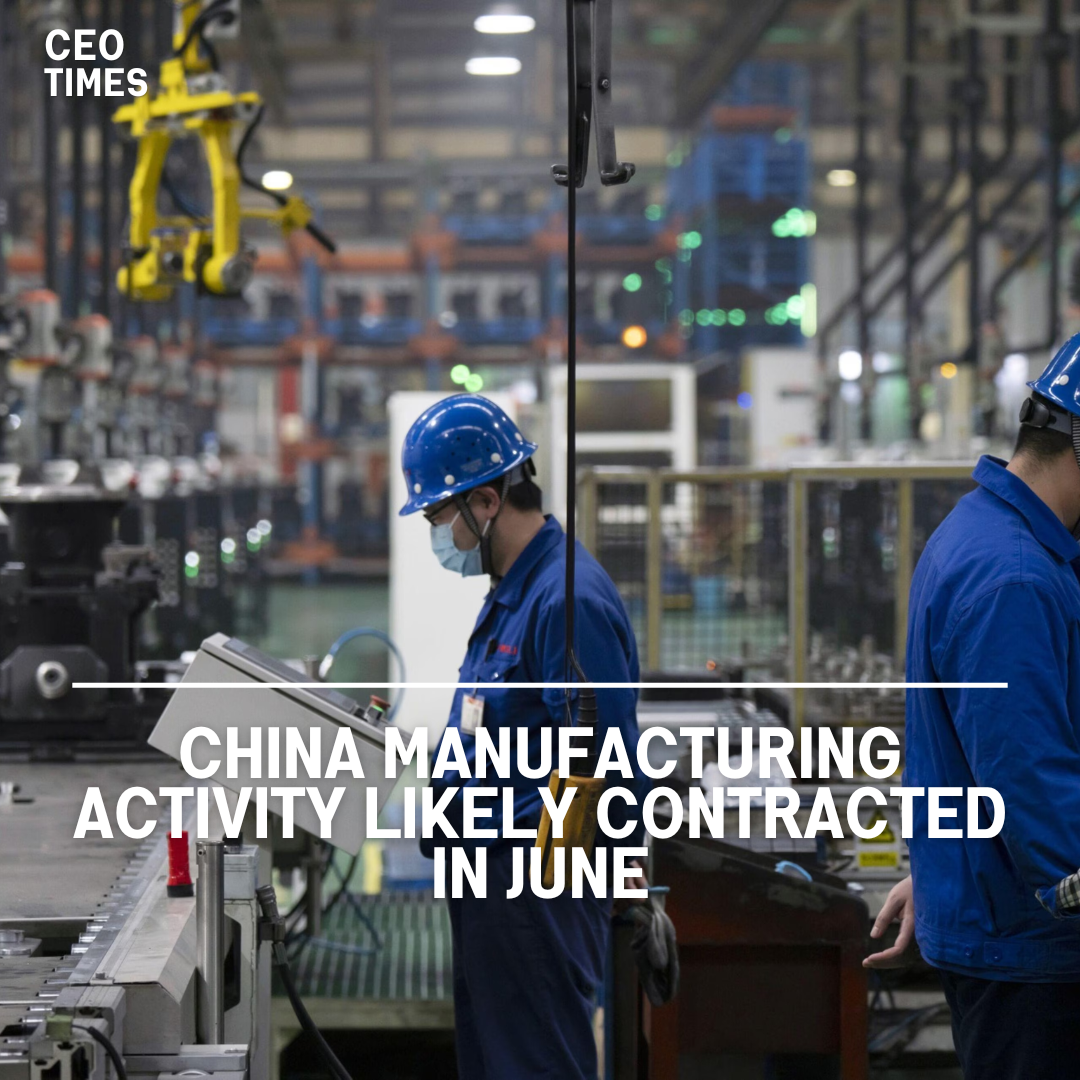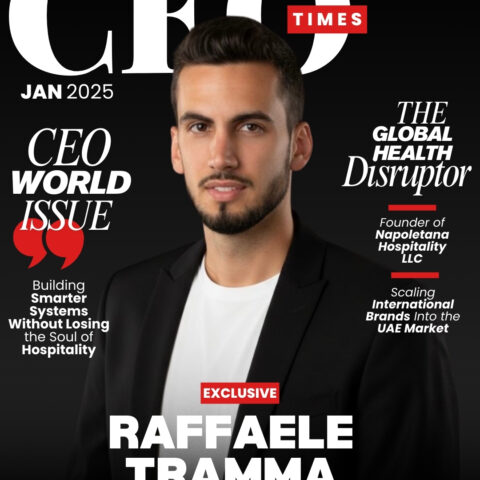Nexperia, one of the leading global manufacturers of basic semiconductors, has announced a $200 million investment to expand capacity at its main production site in Hamburg, Germany.
This expansion marks a notable development in the semiconductor industry as it proceeds without the aid of state subsidies from the EU’s Chips Act, which was launched in 2023.
Background and Industry Context:
Headquartered in the Netherlands and owned by Chinese electronics giant WingTech, Nexperia produces essential semiconductor components such as diodes and transistors.
The European Union scrutinizes whether China is unfairly subsidizing domestic production of these “legacy” chips, crucial in various applications, including automotive, electric systems, smartphones, and industrial uses. Nexperia’s operations and intellectual property remain firmly rooted in Europe.
Significance of Investment:
According to CFO Stefan Tilger, Nexperia’s products are integral to modern technologies, particularly in electric vehicles, green energy, and digitalization. “They are the nuts and bolts that make new technologies possible,” Tilger emphasized.
Nexperia produces approximately 100 billion chips annually, accounting for nearly a quarter of the global supply, with assembly and packaging operations in China, Malaysia, and the Philippines.
Market Position and Future Plans:
Nexperia competes with major players like Texas Instruments, Infineon, and NXP in the automotive semiconductor market, with about 10% of its sales directed to China.
Hannes van Raemdonck, Nexperia’s advocacy chief, highlighted the company’s ambitious growth plans, which are driven by trends such as electrification and the increasing use of semiconductors in vehicles.
“Everything will simply require more chips to power things, (and) our core business, power semiconductors,” van Raemdonck stated.
Regulatory Scrutiny and Strategic Moves:
Since being acquired by WingTech for $3.6 billion in 2018, Nexperia has faced growing scrutiny from European governments. In 2022, the British government mandated Nexperia to divest a factory in Newport due to security concerns.
In 2023, the German government disqualified the company from receiving a battery efficiency technology development subsidy. Nevertheless, the Dutch government approved Nexperia’s acquisition of the startup Nowi after a retroactive review.
Van Raemdonck acknowledged the competitive environment with Chinese firms and supported European policies to maintain competitiveness. However, he questioned the concerns about overcapacity in China, noting that the expansion primarily meets domestic demand.
Technological Advancements:
As part of the Hamburg expansion, Nexperia plans to introduce production lines for two types of “wide bandgap” chips using Silicon Carbide (SiC) and Gallium Nitride (GaN).
These advanced chips are preferred over traditional silicon chips for their superior efficiency, speed, lightweight properties, and ability to perform under high temperatures and voltages.

















